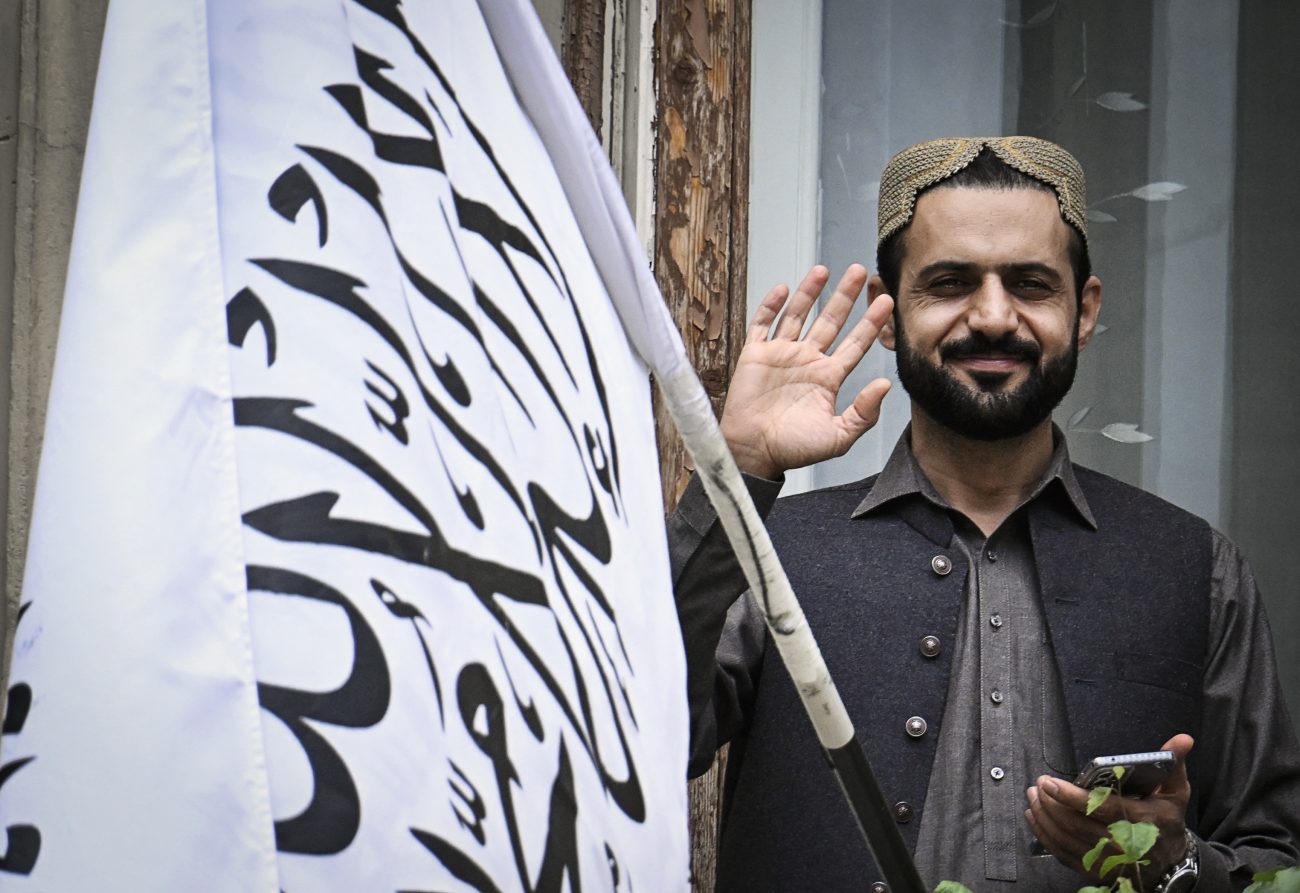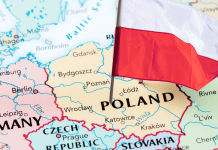China said on Friday it welcomed Russia’s decision to become the first country to recognise the Taliban’s rule in Afghanistan, vowing to “pursue a foreign policy of friendship towards the Afghan people”.
“As a traditional friendly neighbor of Afghanistan, the Chinese side has always believed that Afghanistan should not be excluded from the international community,” foreign ministry spokeswoman Mao Ning said.
The Taliban swept back to power in 2021 after ousting the foreign-backed government and have imposed an austere version of Islamic law.
They have keenly sought official international recognition and investment as the country recovers from four decades of war, including the Soviet invasion from 1979 to 1989.
China does not officially recognize the government but hosts a Taliban ambassador in Beijing.
It has been said that the Taliban government will need to introduce political reforms, improve security, and mend relations with its neighboring countries before receiving full diplomatic recognition.
But on Friday, Mao said: “No matter how the internal or external situation changes in Afghanistan, diplomatic relations between China and Afghanistan have never been interrupted.”
“The diplomatic institutions of the two sides in each other’s countries have maintained their normal functioning and have played a positive role in promoting the development of relations between the two countries,” she added.

Russia Becomes 1st Nation To Recognise Taliban
Afghanistan’s government said on Thursday that Russia had become the first country to officially recognize its rule, calling it a “brave decision.”
The Taliban swept back to power in 2021 after ousting the foreign-backed government and have imposed an austere version of Islamic law.
They have keenly sought official international recognition and investment, as the country recovers from four decades of war, including the Soviet invasion from 1979 to 1989.
The announcement was made after Afghanistan’s Foreign Minister, Amir Khan Muttaqi, met with Russia’s Ambassador to Afghanistan, Dmitry Zhirnov, in Kabul on Thursday.
“This brave decision will be an example for others… Now that the process of recognition has started, Russia was ahead of everyone,” Muttaqi said in a video of the meeting on X.
“Russia is the first country that has officially recognised the Islamic Emirate,” Taliban foreign ministry spokesman Zia Ahmad Takal told AFP, using the government’s name for their administration.
Muttaqi said it was “a new phase of positive relations, mutual respect, and constructive engagement”, the foreign ministry posted on X.
Russia’s foreign ministry added on Telegram: “We believe that the act of official recognition of the Islamic Emirate of Afghanistan will boost the development of productive bilateral cooperation between our countries in several areas.”
It highlighted potential “commercial and economic” cooperation in “energy, transportation, agriculture, and infrastructure”.
The ministry said that Moscow hoped to continue helping Kabul “reinforce regional security and fight against the threats of terrorism and drug-trafficking”.
Russia has taken recent steps to normalise relations with the Taliban authorities, removing them from a list of “terrorist organisations” in April and accepting a Taliban ambassador in Moscow.
In July 2024, Russian President Vladimir Putin called the Taliban “allies in the fight against terrorism”.
Russia was the first country to open a business representative office in Kabul after the Taliban takeover, and has announced plans to use Afghanistan as a transit hub for gas heading to Southeast Asia.
Only Saudi Arabia, Pakistan, and the United Arab Emirates recognised the Taliban during their first stint in power from 1996 to 2001.
This time, multiple other states, including China and Pakistan, have accepted Taliban ambassadors in their capitals, but have not officially recognised the Islamic Emirate since the end of the then-insurgency’s two-decade war with US-led NATO troops.
There has been limited but growing engagement with the Taliban authorities, particularly from regional neighbours, but also major global players, China and Russia.
However, restrictions on women and girls, barring them from education and squeezing them from public life, have been key sticking points for Western nations.
Multiple Afghan women activists were quick to condemn Russia’s recognition.
The move “legitimizes a regime that bans girls from education, enforces public floggings, and shelters UN-sanctioned terrorists”, said Mariam Solaimankhil, former member of Afghanistan’s parliament.
“The move signals that strategic interests will always outweigh human rights and international law.”
Senior Taliban figures remain under international sanctions, including by the United Nations.
Another former MP in Kabul, Fawzia Koofi, said any recognition of the Taliban “will not bring peace, it will legitimize impunity” and “risk endangering not just the people of Afghanistan, but global security”.
Via: Agence France-Presse




